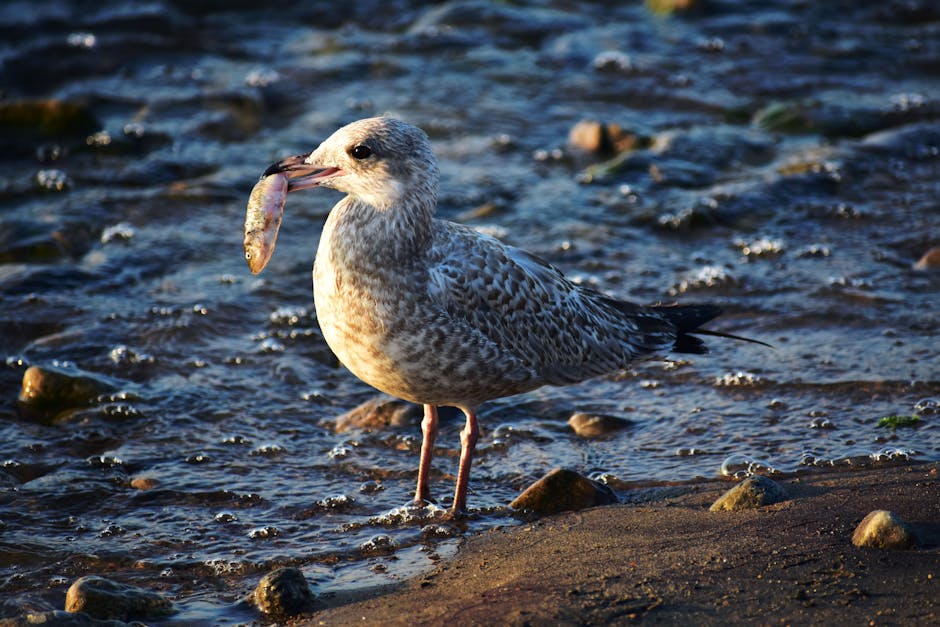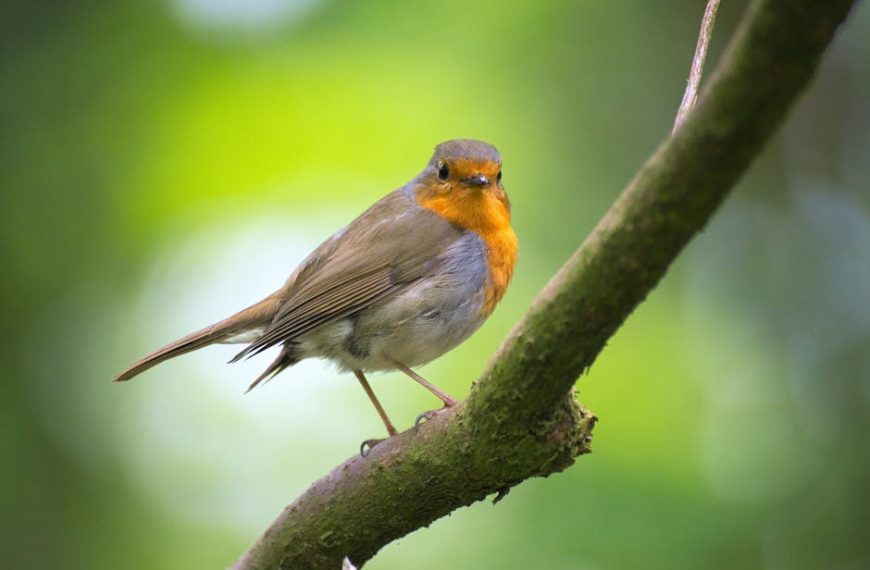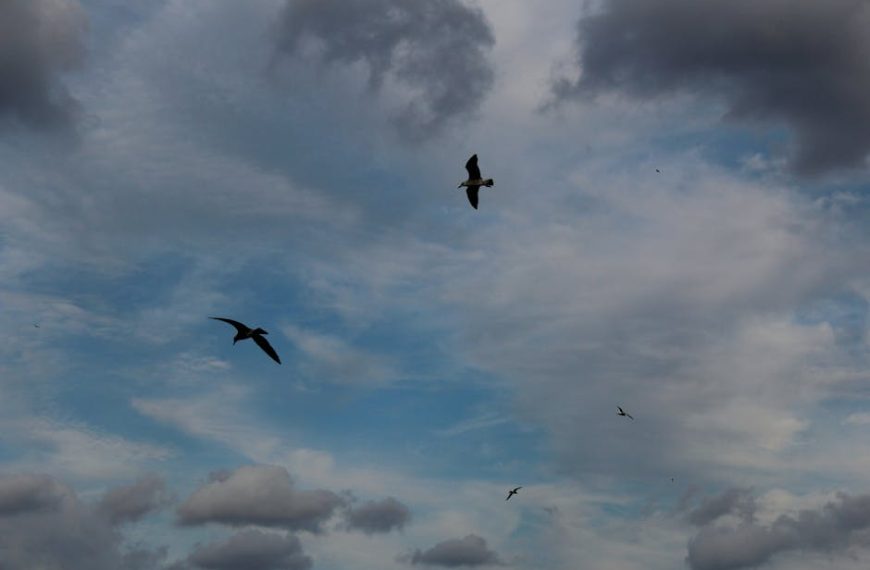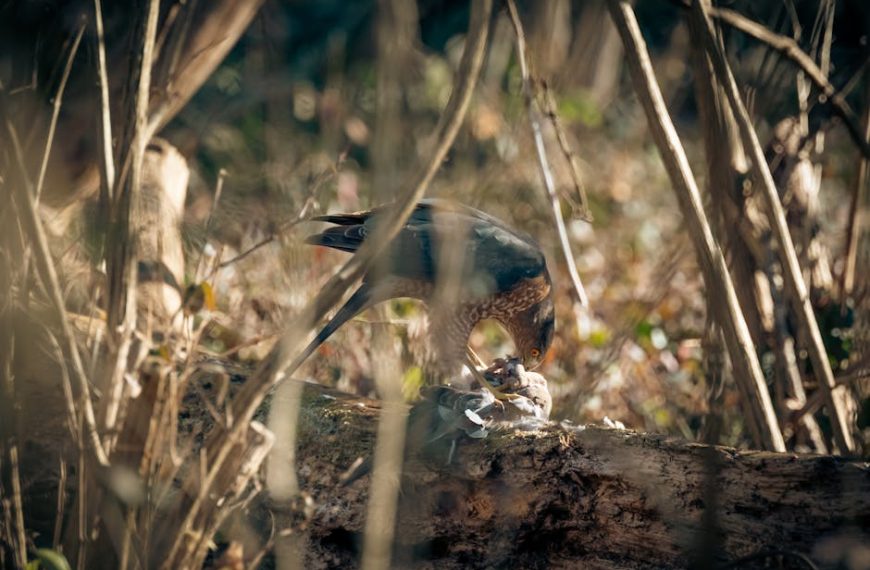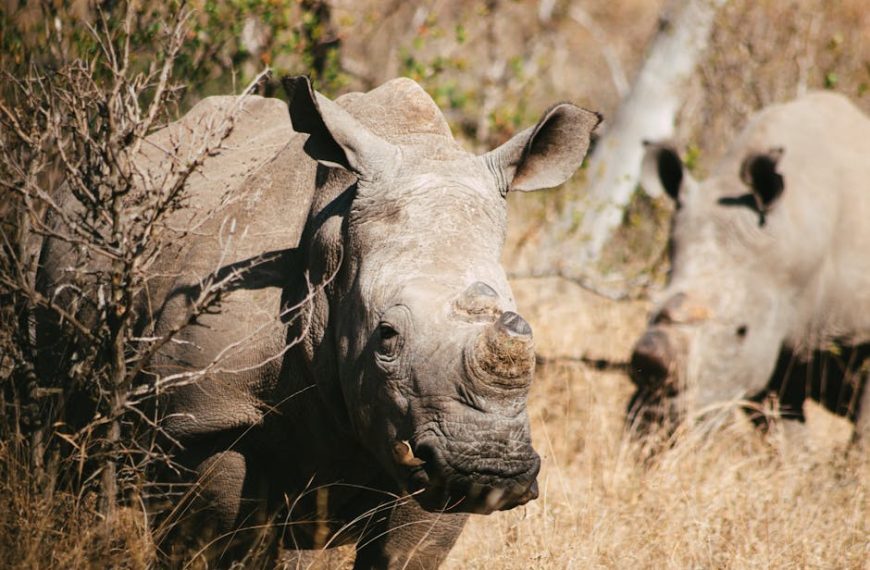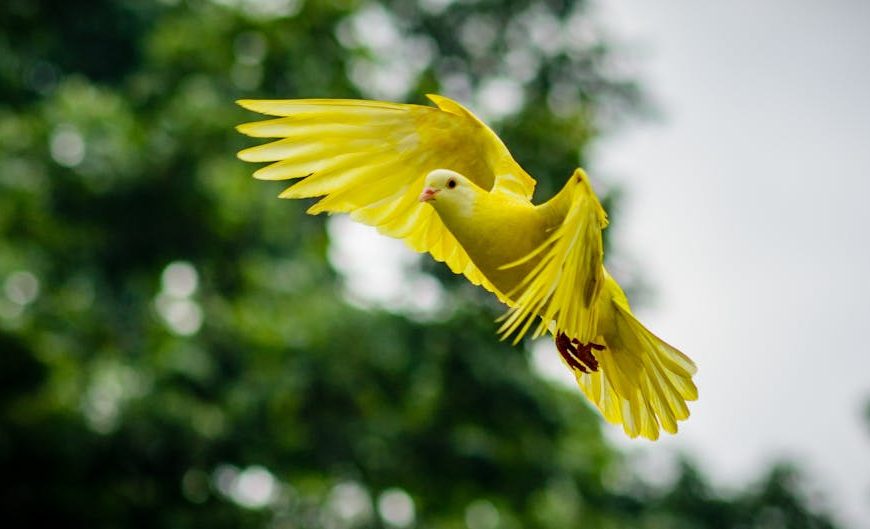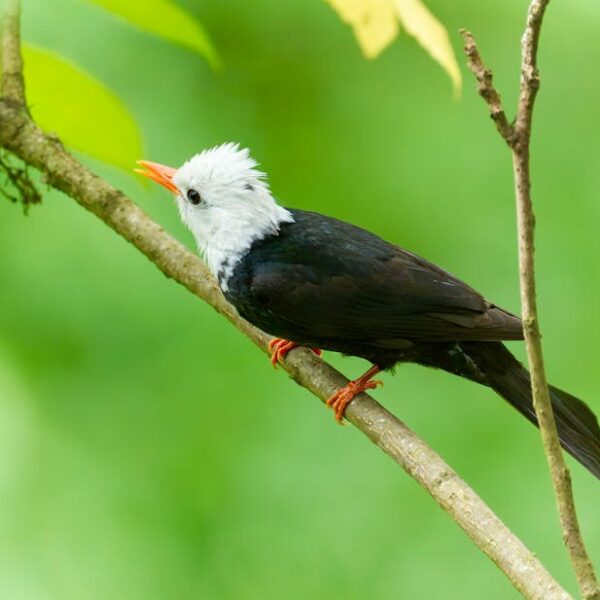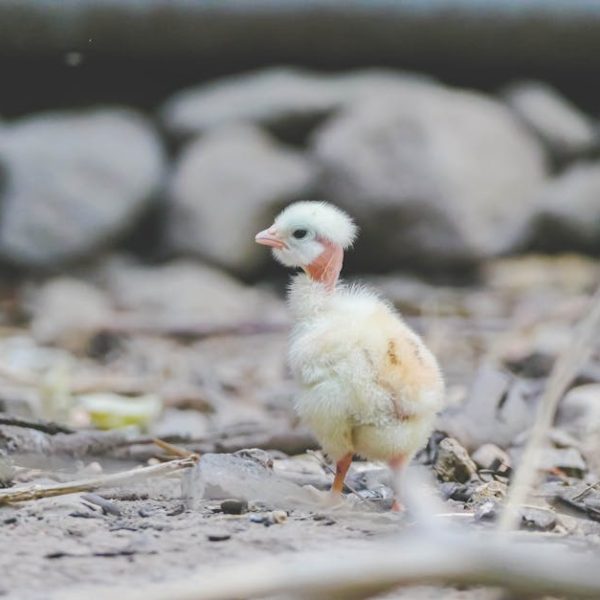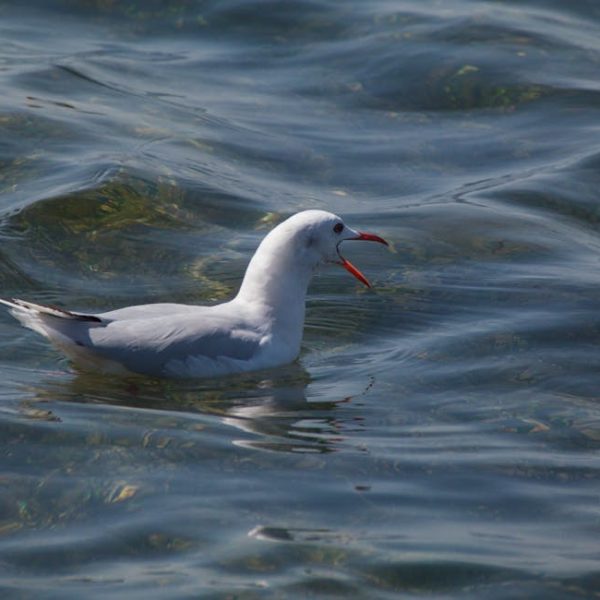When considering bird hunting, it’s imperative to first develop a comprehensive understanding of the legalities involved. This is crucial to ensure both the maintenance of ecological balance and the assurance that your hunting activities remain strictly legal.
Legal Guidelines for Hunting Birds
Hunting permit rules and restrictions vary significantly worldwide, guided by both international guidelines and country-specific laws. For instance, the Migratory Bird Treaty Act in the United States protects nearly all species of birds – game or otherwise. In contrast, the Wildlife and Countryside Act 1981 in the UK defines a different set of regulations for bird hunting, clarifying which species of birds are permissible for hunting.
While combinations of regional and international laws may initially seem confusing, understanding these legal requirements is essential for responsible, ethical hunting activities. Here are some of the general legal components to consider:
- Adherence to conservation and protection laws
- Seasonal hunting restrictions
- Hunted species-specific requirements
Top Game Birds: Species You Can Legally Hunt
Armed with a comprehensive understanding of hunting laws, you’re close to experiencing the thrill and challenge of bird hunting. The next step is to identify your targets, the top birds that you can legally hunt.
Some of the most popular game bird species across the world include ducks, quails, pheasants, turkeys, and pigeons. Each of these birds offers their unique challenges and rewards – ducks are fast and require skilled shooting and retrieving, while turkeys are intelligent, calling for a strategic approach.
Understanding these species usually involves learning about their characteristics, best times and places for hunting, and the tools required. It’s also vital to understand the essential differences between game birds and protected birds.
Rules for Hunting Season
Another vital tenet of bird hunting is abiding by the established hunting seasons. These restrictions ensure that hunting activities do not endanger the continuity of these species or imbalance the broader ecosystem. The ‘harvesting surplus’ model optimizes the hunting experience by allowing for bird hunting during their surplus season while ensuring the species’ longevity.
To adhere to these rules, hunters must be well-informed about the hunting seasons of individual species:
- Waterfowl: late fall and winter
- Upland birds (pheasants, grouse): fall through winter
- Turkey: spring and fall sessions
In conclusion, bird hunting is an exciting sport, but careful consideration of legal and ethical factors can enhance the experience. Stay informed of your legally permissible targets and abide by the region’s hunting season, reinforcing responsible and ethical hunting. The subsequent sections of this article delve deeper into these topics.
Responsible Game Bird Hunting: Ethics and Conservation
Responsible and ethical game bird hunting takes into consideration the continuation of bird species and the larger aspect of wildlife conservation. By focusing on ethical hunting practices, hunters play an active role in conservation action, contributing to the maintenance of the bird’s population.
The first ethical principle in bird hunting is to respect bird species’ sustainability by hunting them only in reasonable quantities, especially during their breeding season. Compliance with hunting limits and seasons ensures the viability of the bird species and avoids surpassing the natural regeneration capacity.
Below are steps hunters can take to contribute to bird conservation:
- Comply with established hunting laws and regulations
- Hunt only during appropriate seasons
- Respect hunting limits and quotas
- Learn to differentiate between game and protected bird species
- Adopt bird-friendly land management practices, if applicable
- Support conservation organizations
Ultimately, responsible game bird hunting goes beyond the thrill of the sport; it involves active participation in maintaining healthy bird populations and ecosystems.
Hunting Licenses and Regulations
To hunt game birds legally, one must obtain appropriate hunting licenses and abide by the hunting regulations stipulated by local and national authorities. These licenses reflect a hunter’s understanding of and respect for hunting laws and wildlife conservation measures.
The process to secure a hunting license generally involves:
- Attending hunter education or safety courses
- Filling out an application form (online or physical)
- Paying applicable fees
- Waiting for processing and approval
The pros of hunting game birds legally far outweigh any perceived ‘advantages’ of illegal hunting. Legal hunting contributes to conservation measures and provides a thrilling, yet measured and responsible, sporting experience. On the other hand, illegal hunting can lead to severe consequences, including hefty fines and imprisonment. Moreover, it can cause disruption to ecological balances, lead to species endangerment, and contribute to poor wildlife conservation.
In the grand scheme of things, it’s clear that legal bird hunting is the only responsible and ethical route for hunting enthusiasts. Not only does this sport honor the great outdoors and the game, but it also ensures the preservation and respect of wildlife for generations to come. Make sure you’re well-informed about your region’s hunting regulations and respectful of game bird species—happy hunting!
Key Takeaway:
- Gaining a comprehensive understanding of the legal regulations and the types of birds permissible for hunting is crucial before engaging in bird hunting.
- Familiarising oneself with preferred game birds, such as ducks, quails, pheasants, turkeys, and pigeons, and the techniques needed for hunting each one, can enhance the hunting experience.
- Adhering to hunting seasons as per the ‘harvest surplus’ model is essential to ensure the continuity of bird species and maintain the ecosystem’s balance.
- Emphasising ethical practices in bird hunting contributes significantly to bird conservation and preservation of wildlife.
- Acquiring proper hunting licenses and respecting local and international hunting regulations is not only legally required but also indicates a hunter’s commitment to conservation efforts.
Bird hunting, when raced purposively and responsibly, not only offers the thrill associated with the sport but also affirms our commitment to respect and conservation of wildlife. It is essential to arm oneself with adequate knowledge, respect nature’s laws, act ethically, and, most importantly, enjoy the pursuit responsibly. Improved awareness strengthens our bond with nature and reinforces our role as its custodian.
FAQs
Q: What happens if I hunt birds out of their respective hunting season?
A: Hunting game birds out of season is generally prohibited by law. Non-compliance can lead to severe penalties, including fines and possible imprisonment, varying with the local and international regulations of the region.
Q: Where can I find information about the hunting seasons for different species?
A: Local wildlife agencies, hunting associations, or relevant online resources often provide breakdowns of hunting seasons for various species. It’s essential to ensure you’re relying on up-to-date and accurate information.
Q: What steps can I take to differentiate between game birds and protected birds?
A: You can start by familiarising yourself with local and international bird species, their characteristics, and legal statuses. Attending bird identification workshops or courses can also be beneficial.
Q: Is it possible to bird hunt without a hunting license?
A: No, hunting without an appropriate hunting license is illegal. This rule applies to everyone, regardless of whether they’re amateur hunters or experienced marksmen.
Q: How can illegal bird hunting impact wildlife conservation?
A: Illegal bird hunting leads to unregulated and excessive hunting, threatening the existence of bird species, disrupting the ecological balance, and hampering conservation efforts.
We encourage you to share this article with fellow hunting enthusiasts and continue exploring more informative posts on our website.
